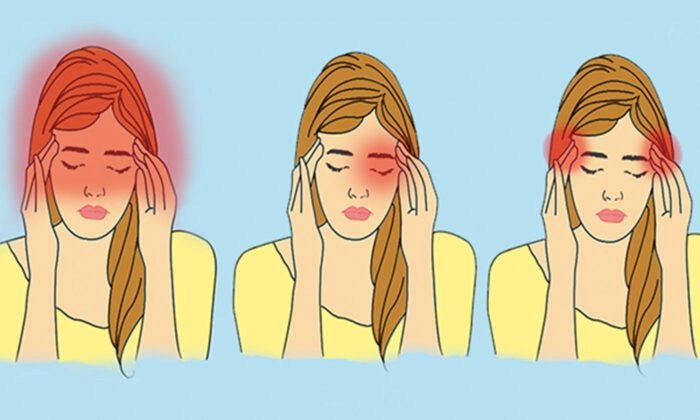Daylight saving time was first introduced in Great Britain in 1916 during World War I, with the aim of saving energy and making maximum use of daylight.
Today, this practice is implemented by about 70 countries and there is increasing evidence that changing the clocks can negatively affect health, and the most obvious consequences are seen with the time change in the spring, when we lose an hour of sleep.
In 2014, researchers in the United States found that the number of hospitalizations for heart attacks increased after the time change. These findings have been confirmed by studies in Sweden, Croatia, Germany and other countries.
A meta-analysis of all available studies showed that the risk of heart attack during this period increased by a significant 4 percent, the BBC reports, according to kp.
Other studies have linked the spring time change to an increased number of strokes. While one might think that more light in the evening would be beneficial for mental health, a 2020 study showed that the switch to daylight saving time worsens mood disorders, depression, anxiety, and substance abuse.
In addition, the number of fatal traffic accidents is also on the rise. An American study estimated that the risk of fatal accidents increases by 6%, which is attributed to the consequences of collective sleep deprivation.
Why does the time change have such a profound effect?
The answer lies in the disruption of the “internal clock” that regulates when we sleep and when we are awake. In the evening, falling light levels stimulate the production of melatonin, the sleep hormone, while morning light stops its production and stimulates the release of cortisol, which wakes us up.
The springtime clock change disrupts this natural process. More light in the evening disrupts melatonin production and makes it harder to fall asleep, while darker mornings force people to wake up before they’re naturally ready. This loss of an hour of sleep can lead to increased sleep fragmentation throughout the week.
Several studies have linked the fall clock change to an increased risk of depression. One study in Denmark found that the frequency of depressive episodes increased by 11 percent in the ten weeks following the time change.
The European Parliament voted to abolish daylight saving time in 2019, but it has not yet come into effect as countries cannot agree on which time to keep. Most circadian biologists believe that winter standard time would be better for our health.










